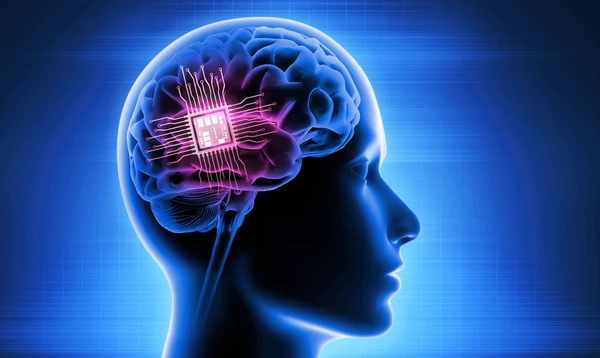Ramit Mehrotra, Pune
Tech giant and billionaire Elon Musk stated that his company Neuralink has successfully implanted a wireless chip into a human brain. The X owner took to Twitter and said that the recipient is showing promising brain activity and is awake and responsive. The initial feedback on the implant looks reassuring, but the key specifics of the chip are still unknown.
The company’s motto is to resolve complex neurological problems by connecting brain activity with the computer. Neuralink had previously stated their requirement of recruits to test their chips on patients suffering from Amyotrophic Lateral Scierosis (ALS), or quadriplegia, highlighting their purpose of addressing traumatic brain injuries and disorders. Manufacturing over 40 brain chips, the company is the front runner of one of the top brain-computer interface chip manufacturers in the global market.
Each wireless Neuralink device has a chip and an array of electrodes, with more than 1, 000 superthin flexible conductors that a surgical robot tethers into the cerebral cortex. These electrodes are designed to store memory in terms of motion. In some time, according to Musk, an app will eventually transmit these signals to encode a command onto the computer’s software by thinking.
The US Food and Drug Administration (FDA), had approved clinical trials for Neuralink in May 2023, and granted an ‘investigational device exemption’, to conduct clinical studies. The device is much of the shape of a coin, designed to be implanted in the skull, with the electrodes that connect directly to the cerebral cortex in the brain. Neuralink’s original endeavour, when Musk founded the company in 2016, was to blend human brains with Artificial Intelligence. He disclosed the name of the first product from the company would be ‘Telepathy.’ According to him, Neuralink will enable users, especially those who have lost significant motor function from their limbs, to control phones and other devices through mere thoughts. This idea has generated significant controversy and praise alike, with the device’s safety and effectiveness.
Laura Cabera, a brain science researcher at Pennsylvania State University, has cited multiple risks associated with this brain surgery, particularly concerning brain haemorrhage or seizures.
Neuralink landed in a controversial soup last year in December 2022, alleging its use of a technique which resulted in the deaths of approximately 1,500 animals including sheep, monkeys and pigs. However, in June 2023, the US Agriculture Department did not find the company violating any animal research rules at the firm.
